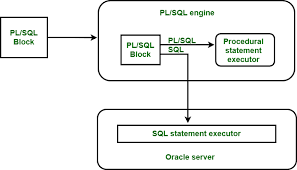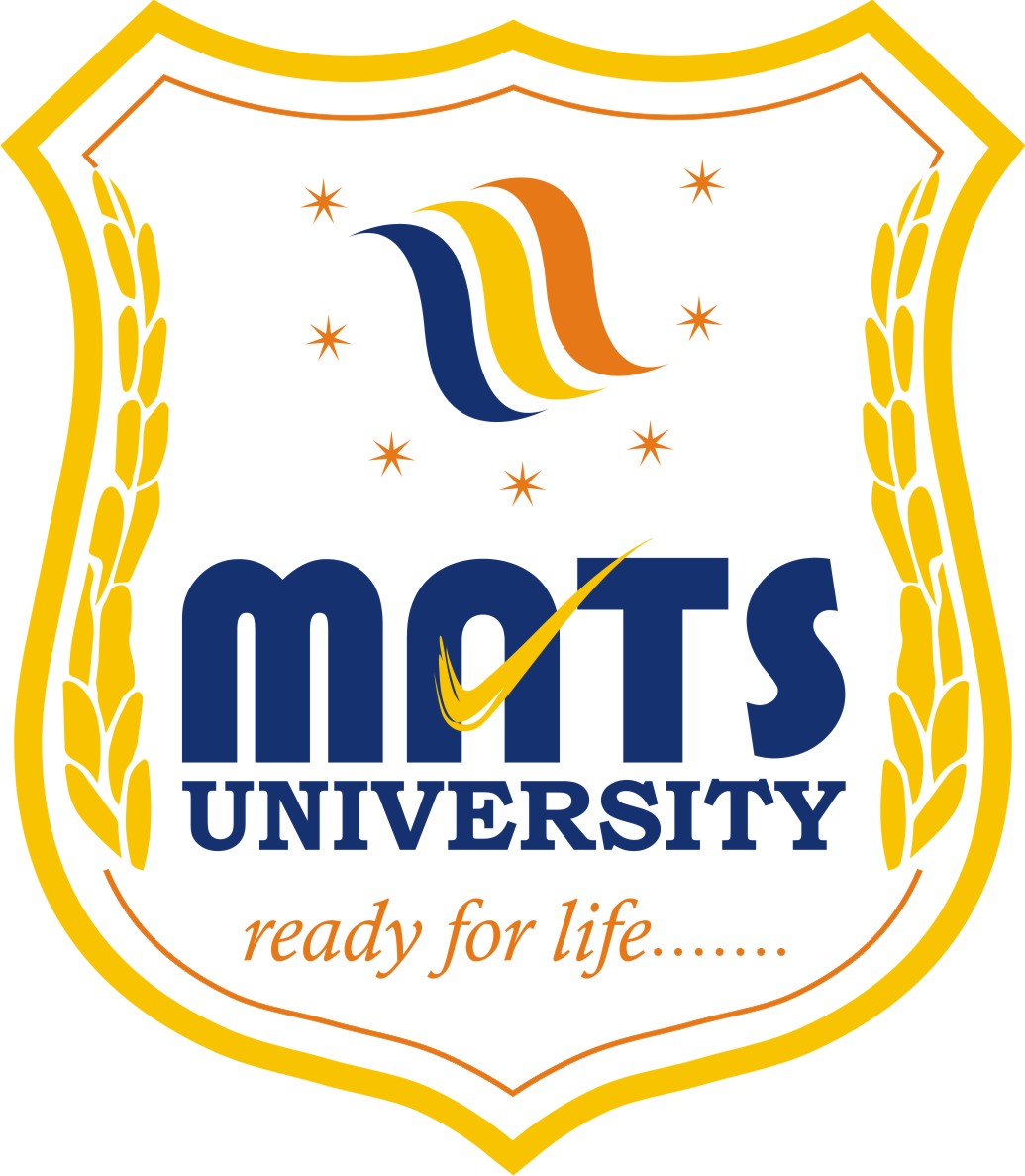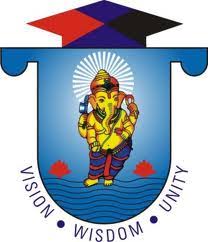SQL Vs PL/SQL Vs T-SQL - Shikshaglobe

SQL Vs PL/SQL Vs T-SQL
There are three main types of SQL: PL/SQL, T-SQL, and SQL. Each has its own strengths and weaknesses, so it's important to understand the differences before choosing which one to use.PL/SQL is a proprietary language developed by Oracle. It's designed specifically for use with Oracle databases and offers a number of advantages over other languages. For example, it has strong integration with Oracle's database products, making it easy to write stored procedures and triggers. In addition, PL/SQL offers a number of features that aren't available in other languages, such as support for object-oriented programming and dynamic SQL. However, PL/SQL isn't as widely used as other languages, so there may be fewer resources available if you need help with development or debugging.T-SQL is Microsoft's version of SQL. It's very similar to PL/SQL in terms of syntax and features, but it also offers some unique advantages. For example, T-SQLSQL: SQL is a standard language for storing, manipulating and retrieving data in databases.PL/SQL: PL/SQL is a procedural language extension to SQL that adds control structures, variables, constants and subprograms to the SQL command set.T-SQL: T-SQL is an extended version of SQL that includes additional commands and features.SQL is a standard language for storing, manipulating and retrieving data in databases. PL/SQL is a procedural language extension to SQL that adds functionality such as control structures and error handling. T-SQL is a Microsoft implementation of PL/SQL that adds proprietary extensions.There are three main types of SQL:1. Structured Query Language (SQL) is the most common type of SQL. It is used to query databases for information.2. PL/SQL (Procedural Language/SQL) is a more powerful version of SQL that allows you to write stored procedures and functions.3. T-SQL (Transact-SQL) is a proprietary version of SQL used by Microsoft in its SQL Server database.
Read More: Best Google Courses
The Importance of SQL VS PL/SQL VS T-SQL in Today's World
In the digital age, where data drives decision-making,
understanding database languages is paramount. SQL (Structured Query Language),
PL/SQL (Procedural Language/Structured Query Language), and T-SQL
(Transact-SQL) serve as the backbone of data management. Whether it's querying
databases, performing updates, or creating reports, these languages facilitate
efficient data handling.
Exploring Different Types of SQL VS PL/SQL VS T-SQL
SQL is the foundational language used to manage relational
databases. PL/SQL, closely associated with Oracle databases, extends SQL's
capabilities by adding procedural programming features. T-SQL, on the other
hand, is Microsoft's implementation, enhancing SQL with additional features for
querying, scripting, and managing SQL Server databases.
Benefits of Pursuing SQL VS PL/SQL VS T-SQL
Mastering these languages opens doors to diverse career
opportunities. Proficiency in SQL allows individuals to work as database
administrators or data analysts. PL/SQL and T-SQL proficiency are particularly
sought after by organizations relying on Oracle or Microsoft technologies. A
strong grasp of these languages can lead to well-paid and fulfilling positions.
How SQL VS PL/SQL VS T-SQL Enhance Professional
Development
Acquiring expertise in these languages boosts professional
development. SQL empowers professionals to access and manage data effectively.
PL/SQL and T-SQL enable the creation of complex applications and procedures,
fostering innovation in database management.
The Role of SQL VS PL/SQL VS T-SQL in Career Advancement
In today's competitive job market, standing out is crucial.
Proficiency in SQL, PL/SQL, or T-SQL sets candidates apart, especially for
roles in database administration, business intelligence, and software
development. These skills indicate adaptability and a keen understanding of
data-driven processes.
Choosing the Right Education Course for Your Goals
Selecting the appropriate learning path is vital. Online courses and traditional classroom settings offer different advantages. Online courses provide flexibility, allowing learners to balance their studies with work or other commitments. Traditional courses offer in-person interaction and immediate feedback.
Continue Reading: Best Online Education Site
Online vs. Traditional SQL VS PL/SQL VS T-SQL: Pros and
Cons
Online courses provide convenience and self-paced learning,
suitable for busy professionals. However, traditional courses offer structured
learning environments and face-to-face interaction with instructors and peers.
The choice depends on individual preferences and learning styles.
The Future of SQL VS PL/SQL VS T-SQL: Trends and
Innovations
As technology evolves, so do database languages. Automation,
AI, and big data are influencing the future of SQL, PL/SQL, and T-SQL.
Professionals in this field should stay updated with these trends to remain
relevant.
The Impact of SQL VS PL/SQL VS T-SQL on Student Success
Educational institutions recognize the importance of
teaching these languages. Proficiency enhances students' analytical skills and
employability. The practical knowledge gained through projects and assignments
prepares students for real-world challenges.
Addressing the Challenges of SQL VS PL/SQL VS T-SQL and
Finding Solutions
Learning these languages can be challenging, especially for
beginners. However, various online resources, tutorials, and forums are
available to assist learners. Practice and hands-on experience are key to
overcoming these challenges.
Understanding the Pedagogy and Methodology of SQL VS
PL/SQL VS T-SQL
Effective learning approaches involve a mix of theory and
practice. Hands-on exercises, real-world examples, and interactive learning
environments foster a deeper understanding of these languages.
The Global Perspective: SQL VS PL/SQL VS T-SQL Around the
World
The demand for database professionals spans the globe.
Organizations worldwide rely on databases for critical operations. This
universal need ensures that SQL, PL/SQL, and T-SQL expertise are valued in various
industries and countries.
SQL VS PL/SQL VS T-SQL for Lifelong Learning and Personal
Growth
These languages are not only tools for career growth but also for personal development. Learning SQL, PL/SQL, or T-SQL can be a fulfilling hobby, empowering individuals to manage their data and automate routine tasks.
Explore More: Best TOEFL Prep Courses
Funding and Scholarships for SQL VS PL/SQL VS T-SQL
Various organizations and institutions offer scholarships
and grants to encourage learning and skill development in these languages.
Exploring these options can make pursuing education more accessible.
Case Studies: Success Stories from Education Course
Graduates
Real-world success stories illustrate the impact of mastering these languages. Graduates have gone on to secure coveted positions in data-driven industries, showcasing the tangible benefits of their skills.











